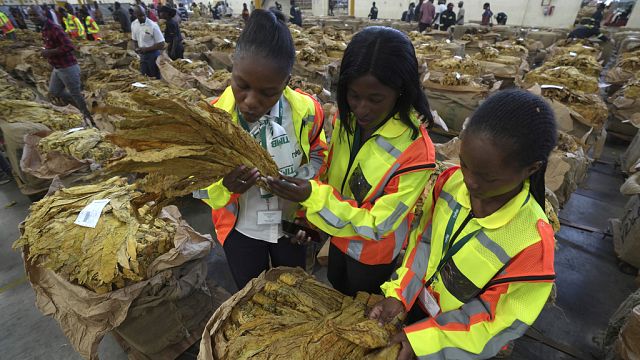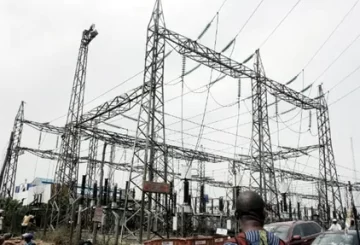Zimbabwe’s agricultural backbone is facing a formidable challenge as the specter of El Niño looms large over its tobacco industry. Once hailed as the country’s “green gold,” tobacco now faces a perilous future, with experts predicting a sharp decline in yields as the adverse effects of this weather phenomenon take their toll.

Traditionally, Zimbabwe has been one of the leading producers of high-quality tobacco globally, with the golden leaf contributing significantly to the nation’s economy. However, the onset of El Niño brings with it a cascade of challenges, from erratic rainfall patterns to prolonged droughts and scorching temperatures, all of which spell trouble for the delicate balance required for successful tobacco cultivation.
The tobacco sector in Zimbabwe is not only vital for economic stability but also serves as a lifeline for thousands of smallholder farmers who rely on it for their livelihoods. With El Niño disrupting the delicate equilibrium of the agricultural cycle, these farmers find themselves on the front lines of a battle against nature’s fury.
Already, reports from various regions across Zimbabwe paint a grim picture. Fields once lush with promise now lie parched and withered, their crops wilting under the relentless onslaught of drought. The scarcity of water, coupled with soaring temperatures, has left farmers grappling with diminished yields and uncertain futures.
The ramifications of a dwindling tobacco harvest extend far beyond the confines of the agricultural sector. Zimbabwe’s economy, already beset by numerous challenges, faces further strain as revenues from tobacco exports dwindle. The ripple effect of this decline will be felt across various industries, from manufacturing to retail, exacerbating existing hardships for ordinary Zimbabweans.
In response to the impending crisis, the Zimbabwean government has initiated measures aimed at mitigating the impact of El Niño on the agricultural sector. From promoting drought-resistant crop varieties to providing support for irrigation infrastructure, efforts are underway to bolster resilience and adaptability in the face of climate change-induced challenges.
However, the road ahead remains fraught with uncertainty. Climate scientists warn that the frequency and intensity of El Niño events are likely to increase in the coming years, exacerbating the vulnerability of agricultural systems worldwide. In Zimbabwe, where reliance on rain-fed agriculture is widespread, adaptation strategies must be implemented swiftly and decisively to safeguard livelihoods and ensure food security for future generations.
As the nation grapples with the sobering reality of a potential decline in its tobacco crop, there is a pressing need for concerted action at both local and global levels. From sustainable farming practices to robust climate change policies, the solutions to this multifaceted challenge require collaboration and innovation on an unprecedented scale.





